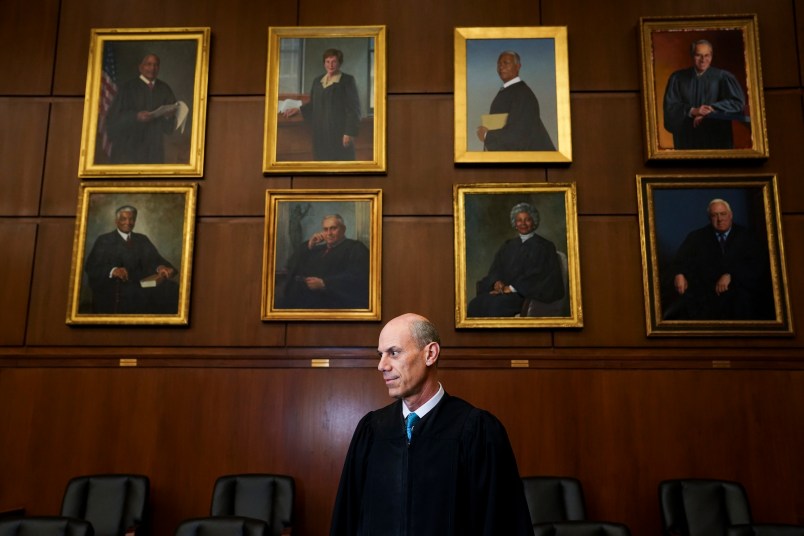Key takeaways:
- Federal employees have filed a class action complaint against the Trump administration, alleging unlawful termination related to diversity, equity, and inclusion (DEI) activities, with the case submitted to the U.S. Merit Systems Protection Board.
- The complaint challenges an executive order by former President Trump aimed at eliminating DEI activities, claiming it led to unjust terminations of employees not directly involved in such initiatives.
- This legal action is part of broader challenges against the Trump administration, including a separate case on immigration policies, which could influence the interpretation of executive authority and federal employee rights.
Federal employees from various government agencies have initiated a class action complaint against the Trump administration, alleging unlawful termination related to diversity, equity, and inclusion (DEI) activities. The complaint was filed on Wednesday with the U.S. Merit Systems Protection Board, an independent agency tasked with safeguarding federal employees from abuses, including politically motivated dismissals. The filing claims that the administration targeted employees perceived to be associated with DEI initiatives, even if their involvement was limited to participation in training sessions or employee resource groups.
The complaint centers around an executive order issued by former President Donald Trump, which sought to eliminate DEI activities across the federal government. The employees argue that the order led to unjust terminations, affecting individuals who were not directly involved in DEI activities. The U.S. Merit Systems Protection Board will now review the case to determine if the actions taken by the administration violated federal employees’ rights.
This legal action coincides with another significant case involving the Trump administration, currently before U.S. District Judge James Boasberg in Washington, D.C. This separate case examines whether the administration violated a judicial order blocking deportations under the Alien Enemies Act. The outcome of this case could have implications for the extent of presidential powers under the act and the administration’s compliance with judicial orders.
These developments highlight ongoing legal challenges faced by the Trump administration, particularly in relation to its executive actions and their impact on federal employees and immigration policies. As these cases progress, they may further define the boundaries of executive authority and the protection of federal employees’ rights within the government.



Be First to Comment